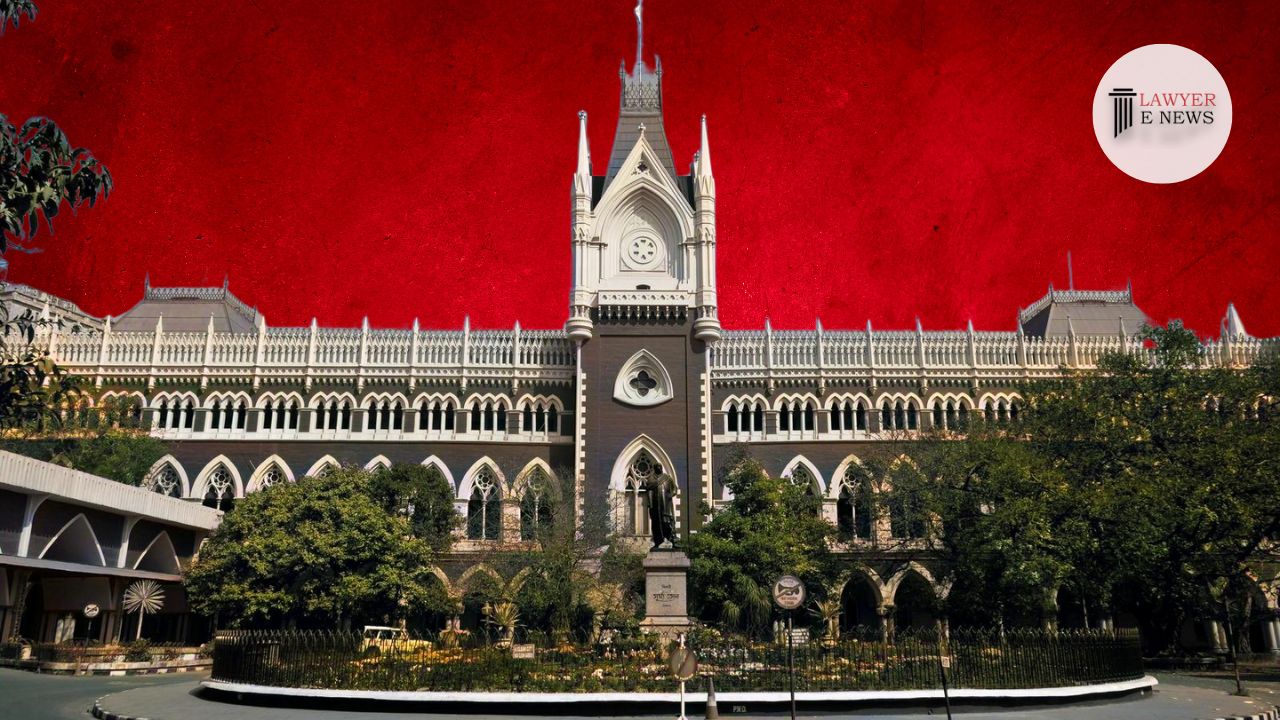-
by sayum
14 February 2026 2:22 PM



In a significant ruling that impacts the duties of cooperative bank employees in elections, the Hon’ble Justice Sabyasachi Bhattacharyya of the Calcutta High Court today clarified that employees of cooperative banks cannot be requisitioned for election duties under Section 159 of the Representation of the People Act, 1951 (R.P. Act).
The core legal issue revolved around whether employees of cooperative banks fall under the ambit of Section 159(2) of the R.P. Act, which applies to employees of entities established or controlled by the government. The petitions challenged the Election Commission of India’s (ECI) decision to appoint these bank employees as polling officers for ongoing parliamentary elections.
Petitioners, representing two separate cooperative bank employee associations, argued that their registration under the West Bengal Cooperative Societies Act, 2006 does not categorize them as government-controlled or established entities, thus exempting them from the provisions of the R.P. Act concerning election duties.
On the Applicability of Section 159: Justice Bhattacharyya noted that the cooperative banks in question are neither controlled nor funded by any government body, thus falling outside the scope of Section 159(2) of the R.P. Act.
Definition of Public Servant: The court highlighted that the definition under Section 21 of the Indian Penal Code does not extend to cooperative bank employees as it specifically pertains to government entities.
Article 324 of the Constitution: While the ECI cited Article 324 for its authority, the court observed that this provision should be read in conjunction with Section 159 of the R.P. Act, limiting the ECI’s power to requisition staff only from entities covered under this section.
Prior Requisitions: The argument that prior requisitions were made under Section 159 was countered by evidence suggesting that such procedures were not followed as prescribed.
Decision: The court allowed both petitions (WPA No. 10325 of 2024 and WPA No. 10270 of 2024), setting aside the requisition and appointment of the petitioner associations’ members as election officers. It was decided that such a practice should not continue in future elections. However, to avoid disrupting the ongoing election process, the court ruled that the appointments for the current elections will remain valid.
Date of Decision: May 10, 2024
Malda District Central Cooperative Bank Employees Association and others Vs. The Election Commission of India and
